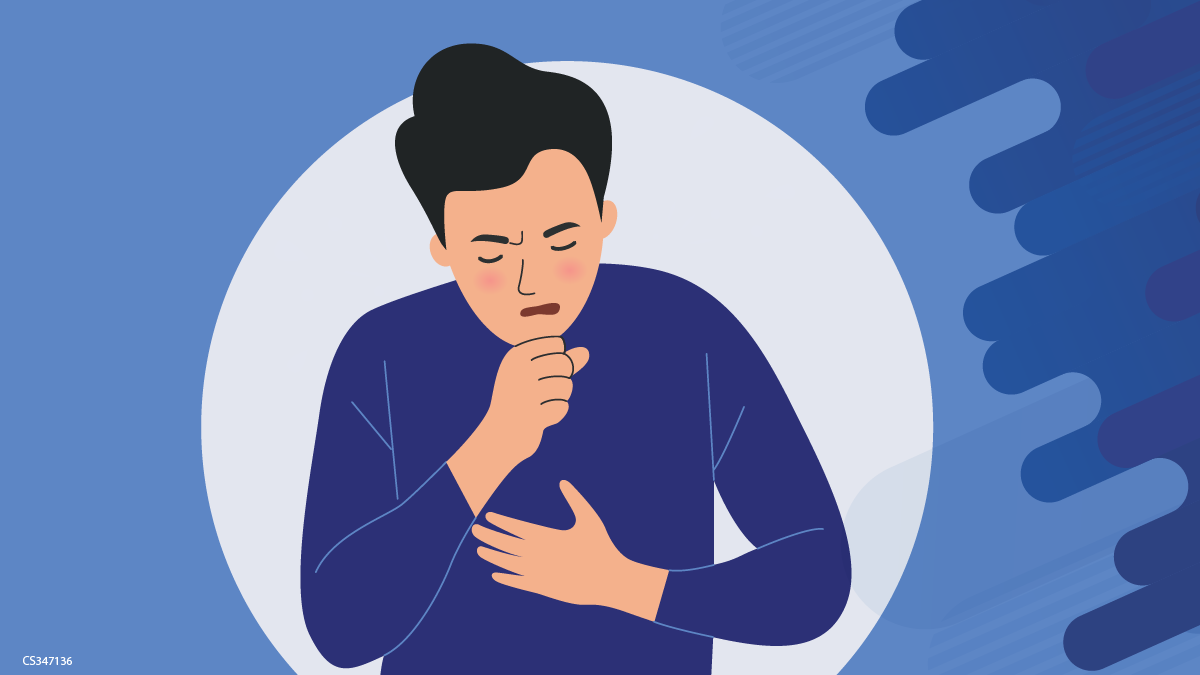Valley Fever Symptoms-various aspects-
Valley fever signs may encompass fever, cough, fatigue, headache, and shortness of breath, resembling the flu. Additional possible signs are chills, night sweats, body aches, and joint discomfort. A few individuals might also develop a rash, especially on the lower legs.


Here’s a more comprehensive outline of the signs:
Common Signs:
Fever, cough, fatigue, headache, and shortness of breath.
Flu-like Signs:
Valley fever signs can closely resemble those of the flu, incorporating chills, night sweats, and body aches.
Other Possible Signs:
Chest pain, night sweats, muscle aches, joint discomfort, and rash (notably on the lower legs).
Nodules:
In certain situations, painful, red bumps (erythema nodosum) may emerge on the lower legs.
Severe Cases:
In exceptional instances, the infection can disseminate to other body areas, potentially leading to meningitis, or impacting bones and joints.
If Any Patient of ENT Requires Any Surgery, Opd Consultation Or Online Consultation In Clinic of ENT Specialist Doctor Dr. Sagar Rajkuwar ,He May Contact Him At The Following Address-
Prabha ENT Clinic, Plot no 345,Saigram Colony, Opposite Indoline Furniture Ambad Link Road ,Ambad ,1 km From Pathardi Phata Nashik ,422010 ,Maharashtra, India-Dr. Sagar Rajkuwar (MS-ENT), Cell No- 7387590194, 9892596635
Overview
Valley fever is a fungal infection triggered by coccidioides (kok-sid-e-OY-deze) organisms. It can lead to symptoms and signs such as fever, cough, and fatigue.
Two species of coccidioides fungi are responsible for causing valley fever. These fungi are typically present in soil found in certain areas. The spores of the fungi can become airborne due to disturbances in the soil caused by activities like farming, construction, and wind.
People may then inhale the fungi into their lungs. The fungi can induce valley fever, which is also referred to as acute coccidioidomycosis (kok-sid-e-oy-doh-my-KOH-sis). Mild instances of valley fever generally resolve without intervention. In more severe circumstances, physicians address the infection with antifungal treatments.
Symptoms
Valley fever represents the primary form of coccidioidomycosis infection. This initial, acute condition can evolve into a more severe illness, which may include chronic and disseminated coccidioidomycosis.


Acute coccidioidomycosis (valley fever)
The first, or acute, stage of coccidioidomycosis is frequently mild, with few or no noticeable symptoms. Signs and symptoms manifest one to three weeks following exposure. They generally resemble flu-like symptoms. Symptoms can vary from mild to severe, encompassing:
Fever
Cough
Tiredness
Shortness of breath
Headache
Chills
Night sweats
Joint aches and muscle soreness
Red, spotty rash, primarily on the lower legs but occasionally on the chest, arms, and back
If you do not become ill or exhibit symptoms from valley fever, you may only discover your infection later. You may learn of it through a positive skin or blood test or when small areas of residual infection in the lungs (nodules) are detected on a routine chest X-ray. The nodules usually do not cause issues, but they can resemble cancer on X-rays.
Should you develop symptoms, particularly severe ones, the progression of the disease can vary significantly. It may take months for a full recovery. Fatigue and joint aches may persist for an even longer duration. The illness’s severity depends on various factors, including your overall health and the quantity of fungal spores inhaled.
Chronic coccidioidomycosis
If the initial coccidioidomycosis infection does not fully resolve, it may advance to a chronic form of pneumonia. This complication is most prevalent among individuals with weakened immune systems.
Signs and symptoms include:
Low-grade fever
Weight loss
Cough
Chest pain
Blood-tinged sputum (material expelled during coughing)
Nodules in the lungs
For Update On Further Important Health Related Topics And Frequently Asked Questions On Health Topics By General Population Please Click On The Link Given Below To Join Our WhatsApp Group –
https://chat.whatsapp.com/Lv3NbcguOBS5ow6X9DpMMA
Disseminated coccidioidomycosis
The most severe form of the ailment, disseminated coccidioidomycosis, is rare. It arises when the infection spreads (disseminates) from the lungs to other areas of the body. These areas commonly include the skin, bones, liver, brain, heart, and the membranes surrounding the brain and spinal cord (meninges).
Signs and symptoms of disseminated disease rely on the affected body parts and may encompass:
Nodules, ulcers, and skin lesions that are more severe than the rash occasionally associated with initial infection
Painful lesions in the skull, spine, or other bones
Painful, swollen joints, particularly in the knees or ankles
Meningitis — an infection of the membranes and fluid enveloping the brain and spinal cord
Complications
Certain individuals, particularly pregnant women, individuals with compromised immune systems — including those living with human immunodeficiency virus (HIV)/AIDS — and people of Filipino or African descent are at an increased risk of experiencing a more severe variant of coccidioidomycosis.


Complications of coccidioidomycosis may include:
Severe pneumonia. Most individuals recover from pneumonia associated with coccidioidomycosis without complications. However, some, particularly those of Filipino and African descent as well as those with weakened immune systems, may become gravely ill.
Ruptured lung nodules. A small proportion of individuals form thin-walled nodules (cavities) within their lungs. Many of these ultimately resolve without causing any issues, but certain ones may rupture, leading to chest discomfort and breathing difficulties. A ruptured lung nodule might necessitate tube placement in the area surrounding the lungs to expel the air or surgical intervention to mend the damage.
Disseminated disease. This represents the most severe complication of coccidioidomycosis, though it is rare. If the fungus disseminates throughout the body, it can lead to issues such as skin ulcers, abscesses, bone lesions, intense joint pain, inflammation of the heart, urinary tract complications, and meningitis — a potentially deadly infection affecting the membranes and fluid that encase the brain and spinal cord.
Prevention
There currently exists no vaccine to avert valley fever.
If you reside in or travel to regions where valley fever is prevalent, implement sensible precautions, particularly during the dry season following a rainy period when the risk of infection is elevated.
Consider these tips:
Wear a mask.
Avoid highly dusty locations, like construction sites.
Stay indoors during dust storms.
Moisten the soil prior to digging in it, or steer clear of soil if you are at an increased risk of infection.
Keep doors and windows securely shut.
Clean skin injuries utilizing soap and water.
FOR INFORMATION IN GREAT DETAIL ON Valley Fever Treatment PL CLICK ON THE LINK GIVEN BELOW-It Is Always Better To View Links From Laptop/Desktop Rather Than Mobile Phone As They May Not Be Seen From Mobile Phone. ,In Case Of Technical Difficulties You Need To Copy Paste This Link In Google Search. In Case If You Are Viewing This Blog From Mobile Phone You Need To Click On The Three Dots On The Right Upper Corner Of Your Mobile Screen And ENABLE DESKTOP VERSION.
FOR INFORMATION IN GREAT DETAIL ON Valley Fever Causes PL CLICK ON THE LINK GIVEN BELOW-It Is Always Better To View Links From Laptop/Desktop Rather Than Mobile Phone As They May Not Be Seen From Mobile Phone. ,In Case Of Technical Difficulties You Need To Copy Paste This Link In Google Search. In Case If You Are Viewing This Blog From Mobile Phone You Need To Click On The Three Dots On The Right Upper Corner Of Your Mobile Screen And ENABLE DESKTOP VERSION.
If Any Patient of ENT Requires Any Surgery, Opd Consultation Or Online Consultation In Clinic of ENT Specialist Doctor Dr. Sagar Rajkuwar ,He May Contact Him At The Following Address-
Prabha ENT Clinic, Plot no 345,Saigram Colony, Opposite Indoline Furniture Ambad Link Road ,Ambad ,1 km From Pathardi Phata Nashik ,422010 ,Maharashtra, India-Dr. Sagar Rajkuwar (MS-ENT), Cell No- 7387590194, 9892596635
Issued In Public Interest By –
www.entspecialistinnashik.com



